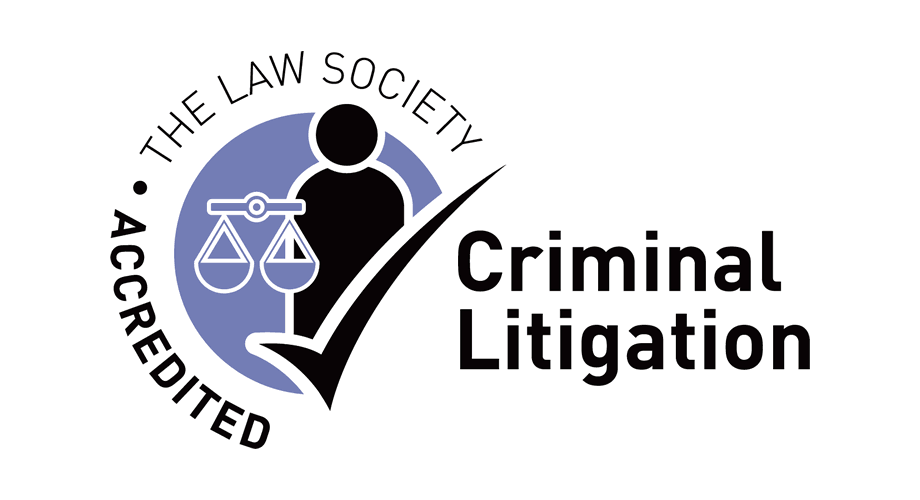0114 249 3222
01246 555 387
How can we help
Our experienced family team deal with the financial implications following the breakdown in a relationship. They deal with financial settlements, all types and value, helping people with just a few assets to those who own several properties.
What is taken into account
Section 25 of the Matrimonial Causes Act 1973 provides some assistance in dealing with the factors that the court will take into account in every case regardless as to whether you are engaged in court proceedings or negotiating your own settlement:
The considerations mentioned in relation to the parties to the marriage in the aforementioned paragraphs. A simple summary of the factors to be taken into account would to be used a phrase, “what is fair and reasonable having regard to all the circumstances”. This gives the family court wide a discretion when coming to a decision.
Can we reach an agreement?
We advise that it is better to come to an agreement, if at all possible, before considering raising an application to the family court. It is usual for the terms of that agreement at the end of the divorce process to be filed and approved by the court. We advise that you take independent legal advice before coming to an agreement on financial issues. Each party has a duty to disclose to the other in an open and transparent way full details of their capital and income. Failure to exchange full details will affect the validity of any agreement. It is therefore essential that before entering into those arrangements you should take independent legal advice.
What if finances are not agreed?
There is a process where an application can be made to the family court to make a decision where an agreement is not available to settle the financial implications of your separation/divorce. A conciliatory view is taken during the process and each party is expected to use their best endeavours to reach an agreement rather than rely on the court to make a decision. With this in mind before any application is to be made to the court the first step is a referral to mediation which we will arrange on your behalf. An application cannot be made to the court without first discussing your problems with an approved mediator. We are in a position to arrange the referral and offer full advice as to what is expected during the mediation process, e.g. full and frank disclosure of finances and capital and what possible outcomes should be.
An application to the Family Court on finances required
If an agreement cannot be reached then it will be a matter for the family court to decide. It will take into account all the matters referred to above. Initially we will prepare on your behalf an application to the court, a fee is payable when issuing the process. The court will then serve a copy of the application on your partner and you will both be directed to complete a statement setting out details of your financial circumstances. There is a timetable for exchange of this information which will include evidence of your income, valuations of any properties, insurance policies, investments and pensions.
The application will be listed for an initial first hearing before a District Judge. On that hearing he will consider the information that is before the court and deal with any outstanding matters that the court or either party may require before a decision can be made. Each party is allowed to ask reasonable questions of the other of their finances and where necessary be asked to provide valuations of properties and assets. It is often the case on the first hearing and with the assistance of some advice of the District Judge an agreement can be reached. However, in the event that the matter is still in dispute the case will thereafter be listed for what is referred to as an “FDR Hearing”.
An FDR Hearing is basically a resolution hearing where a District Judge will have all the evidence and information about finances of the marriage partnership. He will read through this and look at any offers that either party has made and try to discuss resolution. It is hoped that on this hearing following discussions and with some help from the District Judge an agreement by consent is available. On this occasion the District Judge can give advice but he is not in a position to make any orders.
If the resolution hearing does not achieve any settlement then the matter will thereafter be timetabled for a final hearing. It will be before a different district judge. On the final hearing each party will be expected to give evidence. The judge will review everything before him and make a decision.
How much will it likely cost?
It is extremely difficult to give a figure on how much financial proceedings are likely to cost. However, Metcalfe David Eyres report the level of costs incurred step by step and will keep you fully appraised of the likely costs throughout. As all financial proceedings progress we will always keep you up-to-date with the costs to enable you to view the larger picture and consider the costs against the ultimate benefit you hope to achieve on a settlement being reached.
There is a limited scope to have your costs paid by the other party if they are unreasonable. However, costs against the other party are rarely made. A general rule is that each person pays their own legal fees.
It is a complex area and a reasonable outcome is essential rehabilitating finances following a breakdown in a relationship is always a difficult process.
We offer a free initial appointment for advice on finance following divorce or separation. To arrange an appointment call us now on 0114 249 322 or 01246 55587.
Looking for a solicitor to assist you? Contact us today


